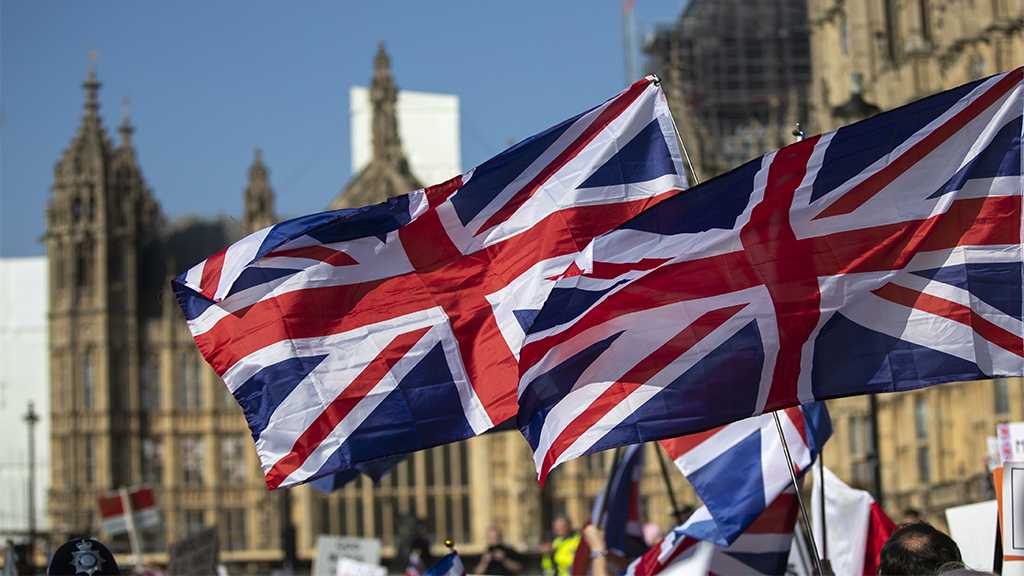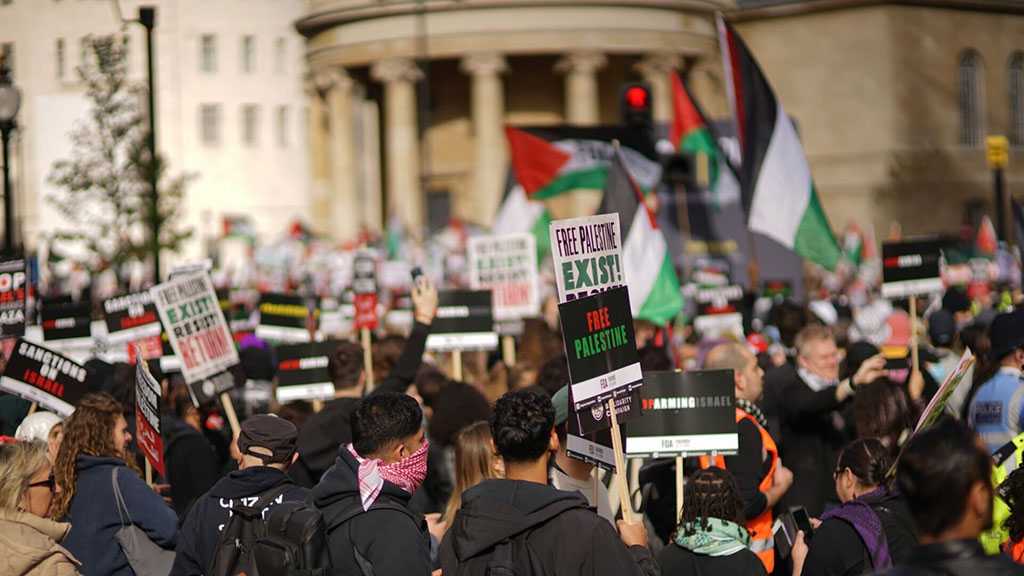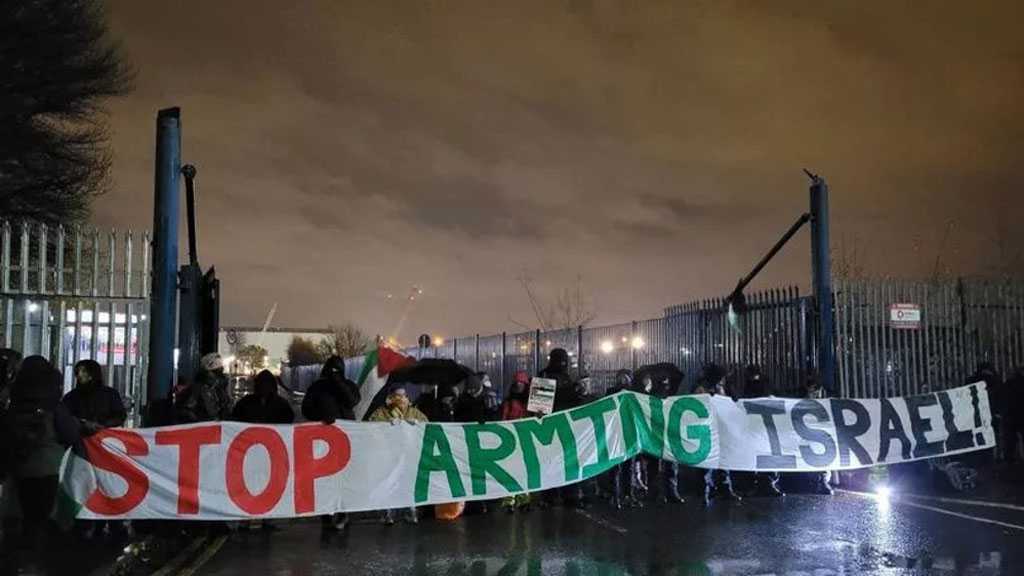
UK Out: Britain into Transition after Leaving EU

By Staff, Agencies
A deeply divided United Kingdom has officially ended its 47 years of European Union membership as the clock strikes 11pm in London and midnight in Brussels — and the slated 11-month ‘transition period’ has formally begun.
The long and rocky road to the divorce began three-and-a-half years ago when 52 percent of Brits voted to cut their losses and take their country out of the 28-member bloc (now 27).
Three prime ministers, two general elections, and plenty of national anxiety and rancor later, the day has finally arrived, in a moment long-awaited by some and desperately dreaded by others.
While Britain’s exit from the EU is a seismic political event which will eventually transform London’s relationship with the bloc, at first, not a huge amount will actually change in practice for citizens.
The UK, for now, will keep some of the benefits and obligations associated with membership. British citizens will continue to enjoy free travel around the union, but they will no longer be EU citizens. The UK will remain an integrated part of the single market, but British MEPs will head home and will no longer have any say in decision-making processes. EU citizens residing in the UK must apply for Britain’s ‘settled status scheme’ allowing them to remain in the country post-Brexit.
Things like driving licenses, pet passports, and European Health Insurance cards will all continue to be accepted. For the time being, trade will also continue uninterrupted without any new checks or charges.
A commemorative Brexit coin bearing the date January 31 and the words “Peace, prosperity and friendship with all nations” will also come into circulation on Friday.
More changes will come into effect over the coming months. British passports, for instance, will switch back to the old blue and gold design [though the burgundy ones will still be recognized].
Politically, the focus will now switch from debates over Leave vs. Remain and the specifics of the withdrawal agreement to how British Prime Minister Boris Johnson can secure advantageous trade deals with the EU — and, he hopes, the US.
Negotiations with Brussels are expected to begin on February 25 and will focus on a swathe of issues including things like fisheries, security, environmental standards, and tariffs. Britain has already set out its aims for talks in a 27-page ‘Political Declaration’ document.
It will be a tense period for businesses across the UK who still don’t know what to expect beyond the end of 2020. Johnson has promised that the transition period will not extend past December 31, though experts have said this is highly optimistic and some envisage a trade deal taking “years” to pin down.
If Johnson changes his mind and decides an extension to the transition period is in order after all, he will have to request it before July 1.
Comments
- Related News



